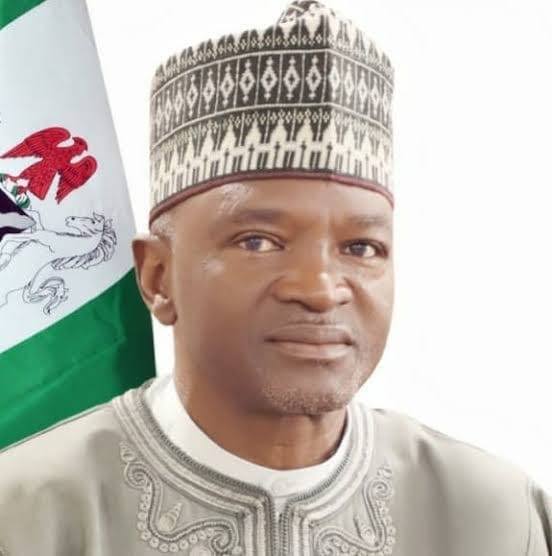Nigeria will receive a $143 million grant from the Global Fund to fight Tuberculosis (TB) over an implementation period of three years.
The senior disease coordinator at Global Fund, Eliud Wandwalo, made this known at the 33rd Stop TB Partnership virtual conference, on Friday.
The conference brought together ministers of health and dignitaries from 11 African countries.
Mr Wandwalo said the fund will invest about $500 million over the next three years to fight TB in Nigeria and 10 other African countries.
The other beneficiaries are the Democratic Republic of Congo, Ethiopia, Ghana, Kenya, Mozambique, South Africa, Tanzania, Uganda, Cameroon and Zambia.
“We leverage countries which we had presented today, and Nigeria will receive $143M for Tuberculosis for the next three years,” he said.
Mr Wandwalo said the Fund will also be investing about $12.7 billion around the world in low and middle-income countries to fight HIV, Tuberculosis and Malaria.
The Global Fund to fight HIV/AIDS, Tuberculosis and Malaria (GF) is an innovative international financing mechanism established by the United Nations in 2002, with its headquarters in Geneva, Switzerland.
It is a global partnership of governments, civil society and private donors.
It was established for the purpose of attracting, leveraging and investing resources to fund public health interventions to accelerate the eradication of HIV, tuberculosis and malaria in affected high burden countries, towards Sustainable Development Goals.
The COVID-19 pandemic, which struck the world in December, has jeopardised global efforts to save millions of lives from other existing diseases.
Mr Wandwalo said health systems are overstretched due to the unprecedented global health emergency, leading to serious restrictions in access to TB diagnosis, treatment, and prevention services
Globally, these disruptions could result in an additional 6.3 million people developing tuberculosis and 1.4 million additional deaths resulting from TB between 2020 and 2025,” he said.
TB is one of the vaccine-preventable killer diseases, which is also curable.
Nigeria remains one of the 30 countries globally with the highest burden of the disease. Nigeria also ranks first in Africa with the highest number of undetected cases.
Statistics from the World Health Organisation (WHO) shows that every year, around 245,000 Nigerians die from TB, and about 590,000 new cases occur (of these, around 140,000 are also HIV-positive).
A recent report by the Global Fund also indicated that annual deaths toll from HIV, TB and malaria could be set back to levels not seen since the peak of the epidemic, wiping out nearly two decades of progress in the worst-hit regions.
In his remarks, Nigeria’s Health Minister, Osagie Ehanire, said it was unfortunate that a significant number of TB cases in Nigeria is still not detected and placed on treatment.
He said there is an urgent need to find all the missing TB cases and provide high-quality, patient-centred care and treatment for all patients including children and other key populations.
“We have two years more in attaining the United Nations High-Level Meeting (UNHLM) target set by all of us in 2018.”
However, a lot still needs to be done to change the present narrative for the continent to achieve the set target by 2022.
“We need to urgently scale up access to TB preventive therapy (TPT) and support innovations and researches for ending TB epidemic in our respective countries,” he said.
The Deputy Executive Director, Stop TB Partnership Secretariat, Geneva, Suvanand Sahu, noted that a number of countries were not on track to meet the UNHLM target.
Mr Sahu said discussions at the roundtable also included designing strategies to eliminate or mitigate the impact of COVID-19 pandemic on TB elimination programmes and services to TB patients.












Comments are closed.